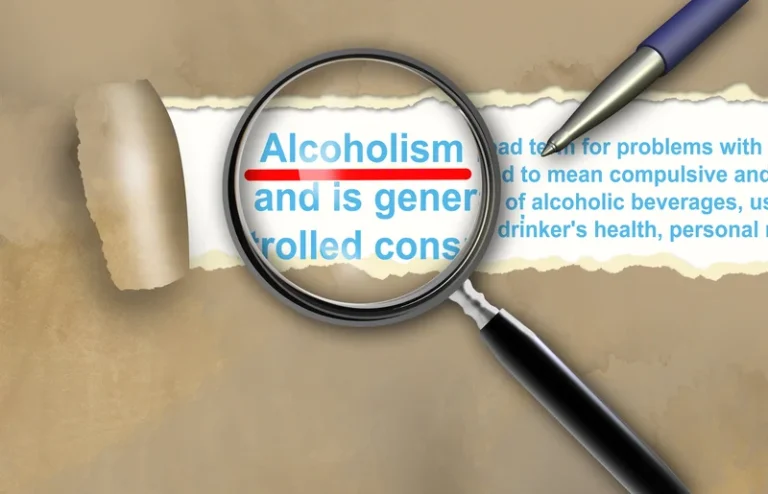Sober living Setembre 30, 2021
Long-Term Effects of Alcohol: Dangers, Risks & Effects

The liver metabolizes most of the alcohol you consume, breaking it down into acetaldehyde. Acetaldehyde is a toxin that can damage the body’s organs and tissues before it is further broken down into acetate. Years of moderate to heavy drinking can cause liver scarring (fibrosis), increasing the risk of liver diseases like cirrhosis, alcoholic hepatitis, fatty liver disease, and liver cancer. consequences of drinking Though alcohol seems woven into the fabric of our social lives, drinking can have harmful health effects, even in small doses.
- Alcohol consumption irritates the lining of the stomach and intestines.
- Years of moderate to heavy drinking can cause liver scarring (fibrosis), increasing the risk of liver diseases like cirrhosis, alcoholic hepatitis, fatty liver disease, and liver cancer.
- Heavy drinking also has been linked to intentional injuries, such as suicide, as well as accidental injury and death.
- Around 5 percent of the alcohol consumed leaves through the lungs, kidneys and the skin.
- Slurred speech, a key sign of intoxication, happens because alcohol reduces communication between your brain and body.
Mental Health and Psychological Effects
After more analysis of the research, that doesn’t seem to be the case. In general, a healthy diet and physical activity have much greater health benefits than alcohol and have been more extensively studied. Tolerance and dependence can both happen as symptoms of alcohol use disorder, a mental health condition previously referred to as alcoholism, that happens when your body becomes dependent on alcohol. This condition can be mild, moderate, or severe, depending on the number of symptoms you have. Regular drinking can also affect overall mental health and well-being, in part because alcohol may worsen symptoms of certain mental health conditions, including anxiety, depression, and bipolar disorder. Chi-square tests were used to examine whether alcohol-related variables differed by gender and other sociodemographic characteristics.
Alcohol use: Weighing risks and benefits
The treatment of alcohol dependency involves a variety of interventions, and it requires medical, social, and family support. Signs and symptoms of withdrawal generally occur between 4 and 72 hours after the last drink or after reducing intake. Around 88,000 people in the U.S die from alcohol-related causes every year.

Short-Term Effects of Alcohol on the Body
These findings reinforced previous calls for the need for initiatives that can mitigate the deleterious consequences of alcohol consumption at the population level. This could be more cost-effective than strategies that seek to alter the behaviours of individuals, particularly after they have developed problematic patterns of alcohol use. The associations found between alcohol drinking patterns and health outcomes are relevant to the health of the nation.
1. Prevalence of Alcohol Drinking Measures for the Whole Sample
People who binge drink or drink heavily may notice more health effects sooner, but alcohol also poses some risks for people who drink in moderation. Even drinking a little too much (binge drinking) on occasion can set off a chain reaction that affects your well-being. Lowered inhibitions can lead to poor choices with lasting repercussions — like the end of a relationship, an accident or legal woes. Each of those consequences can cause turmoil that can negatively affect your long-term emotional health. Heavy drinking can also increase your blood pressure and blood cholesterol levels, both of which are major risk factors for heart attacks and strokes.

General Health
This research found that a cluster of neurons failed to migrate to their appropriate destination, creating a structural malformation in the brain of exposed offspring. This malformation was the result of perchlorate’s action on the maternal and the fetal thyroid gland. Perchlorate reduced the amount of maternal thyroid hormone available for transfer to the developing fetus.
Risk factors
The less alcohol you drink, the lower your risk for these health effects, including several https://ecosoberhouse.com/ types of cancer. Excessive alcohol use is a term used to describe four ways that people drink alcohol that can negatively impact health. Drinking moderately if you’re otherwise healthy may be a risk you’re willing to take. But heavy drinking carries a much higher risk even for those without other health concerns.

The evaluation consists of 11 yes or no questions that are intended to be used as an informational tool to assess the severity and probability of a substance use disorder. The test is free, confidential, and no personal information is needed to receive the result. When it comes to alcohol, if you don’t drink, don’t start for health reasons. In the United States, people younger than age 21 are not legally able to drink alcohol. Alcohol withdrawal can be difficult and, in some cases, life threatening.

LEAVE A COMMENT